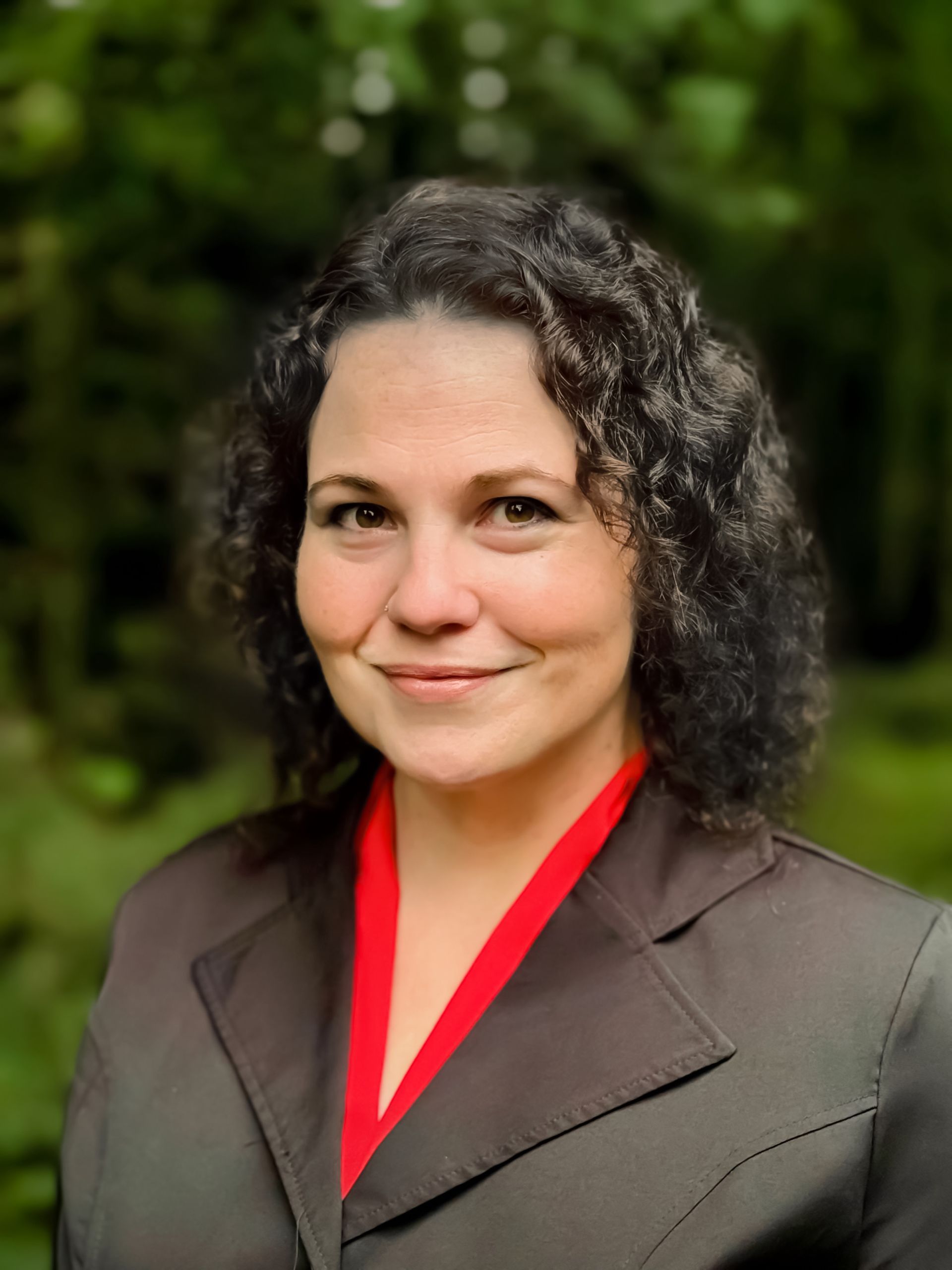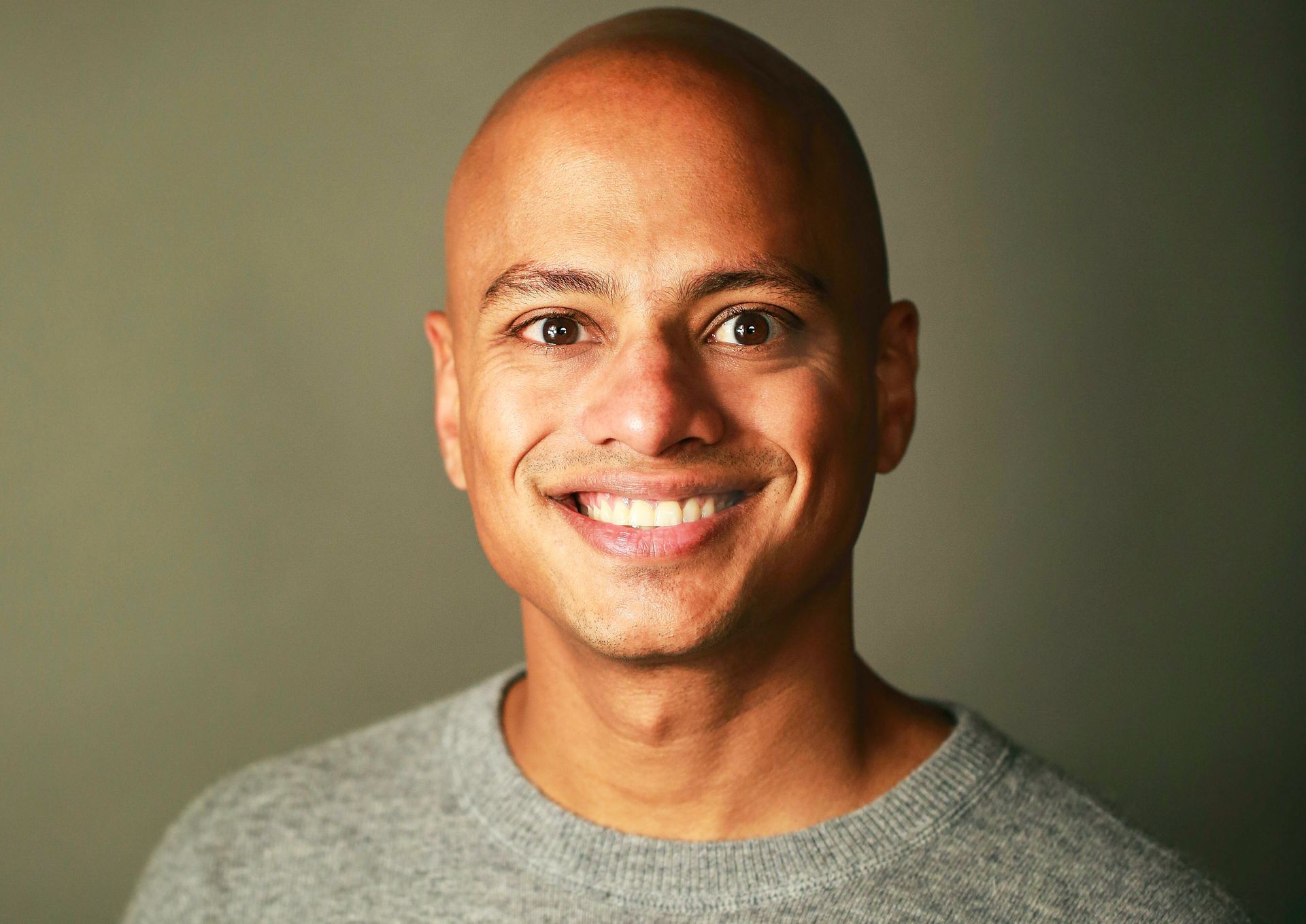3 Keys to Building Trust in Your Community
By Matt Lehrman
Social Prosperity Partners
Trust is the essential ingredient that holds all human societies together. Autocracy reigns when people place their trust in dictators and kings, but for a democratic society to survive and thrive, we must build trust in the values, institutions and processes of representative self-government.
This is a job that’s never done, a race without a finish line. Why? Because, as my partner John Little said in our latest Local Leadership Chat, “It takes a long time to build trust, but trust can be lost in a moment.”
Some of the participants in our April 5 roundtable had experience rebuilding trust after just such a breach, but everyone understood that maintaining trust with the community is an ever-evolving challenge. Here are three takeaways from our discussion on “The Mechanics of Trust”:
1. Build trust by being ACCESSIBLE
How we welcome citizens to public meetings is important, but the fact is, most people don’t have the time to follow the sometimes laborious processes of local governance. It’s important to find opportunities to engage with residents informally.
“I’ve set up regular office hours, I buy people coffee one Monday a month, and I try to show up to all the local festivals and events, just to make myself available without agenda to talk to people,” said first-term Mayor Mike Krachmer of Vadnais Heights, Minnesota.
Attending community events, such as her city’s pancake breakfast, is also a priority for Alisa Benson, a City Council member in nearby Orono.
“I wear my City of Orono name placard, and I just try to go around and meet people. They're not going to come to a council meeting, but they want the pancakes.”
2. Build trust by being RESPONSIVE
Just as important as accessibility is your responsiveness — answering people’s questions, returning calls and emails, following up with further facts or new developments.
“People have confidence when they feel that they are getting a response in real time, and when they feel that they are heard when they are overwhelmed or confused,” said Mayor Elaine McLain of Birmingham, Michigan.
During public meetings, McLain and Benson both try to actively translate the bureaucratic details into everyday language.
“Most folks don’t understand a lot of these concepts and are uncomfortable asking in public,” Benson said. “So I do the asking for the community.”
“One problem,” she added, “is when elected officials are unable or unwilling to say ‘I don’t know’ or to have difficult conversations in public.”
3. Build trust by being TRANSPARENT
Most people agree on the need for open meeting laws and transparency in government, but all too often, the legalistic language and formal processes of government can be anything but transparent.
To residents attending their first council meeting, for example, the routine business of passing a consent agenda, without discussion or explanation, could create a false impression of back-room dealing, rather than the true but much less exciting reality of committees, subcommittees and long-term budget planning — not to mention Robert’s Rules of Order.
“As much as we would love to bring everybody along, most people, until it affects them, we never see them,” said Sona Cooper, Mayor pro tem in the Town of Spring Lake, North Carolina. In 2021, she was the only incumbent re-elected to the Town Council after years of financial mismanagement erupted into a public crisis.
“What we have learned is that
we have to tell the story and tell the information over and over again,” she said. “If someone asks for information through a public records request, we have to respond. We can’t hide. So we do a lot of explaining, and that’s how you build trust.”
LEVEL UP YOUR LEADERSHIP:
CLICK HERE TO RSVP today
(April 24 by 5 p.m. Pacific time) and attend our May 3 chat on “Reservoirs of Resilience” for a chance to
win a free Leadership & Collaboration Skills Assessment & Personal Coaching Session (a $475 value). Three winners will be notified by 7 p.m. May 4. Local Leadership Chats are facilitated by Matt Lehrman on first Friday of every month and are always free to join. Our next discussion focuses on self-care and mental wellness for community leaders.

NEW EPISODE — ““BUILDING COMMUNITY WITH AUTHENTICITY”” (April 23, 2024)
Victoria Woodards, Mayor of Tacoma, Washington, and Immediate Past President of the National League of Cities, links the essence of authentic leadership to the art of cultivating community collaboration.
Listen on Apple, Spotify and all podcast platforms
“ENTREPRENEURIAL CITIZENSHIP” (April 16, 2024)
Connect with Matt:
- Email me at Matt@SocialProsperity.us.
- Follow me on Facebook, Instagram, YouTube and LinkedIn.
- Learn more at SocialProsperity.us and MattLehrman.com.



